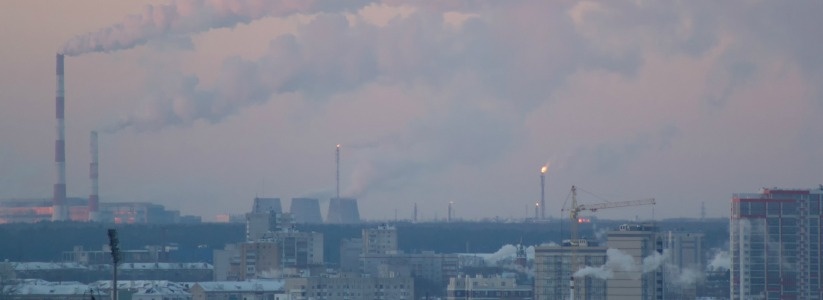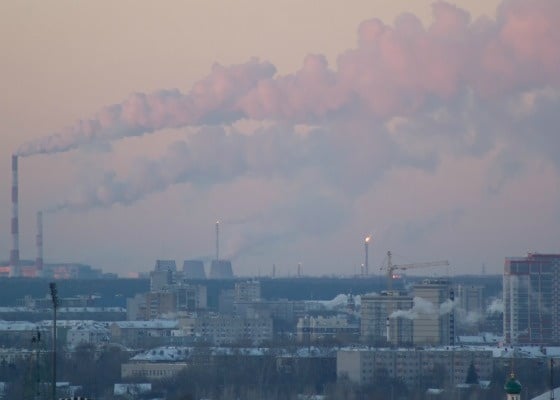This week, air pollution has been an intoxicating topic in the press, with newspapers and radio stations reporting that air pollution in London is passing levels being recorded in Beijing. But what should we be thinking about when it comes to cleaning up our air? And how can renewable heat networks help?

Air pollution in the UK
Last week, London recorded air pollution levels higher than Beijing. Many experts have said that this was down to transportation fumes, and the increased popularity of using wood burning stoves in domestic homes (The Guardian reporting on the latter). It is important to keep in mind that there are many other benefactors that produce pollution; From transportation and energy supply, to agriculture and waste management.
Over the decades, air pollution has declined in the UK thanks to the measures taken to reduce it. However Air Quality England have stated that this is now levelling off for some of the key pollutants such as oxides of nitrogen (usually found in car engines). This means that further action is needed to meet our targets of zero carbon by 2050.
There is a lot of focus surrounding diesel and transportation when discussing air pollution. Diesel and transportation contributes to 23% of the UK’s greenhouse gas emissions, and just over a quarter of the UK’s total carbon emissions. But one area we feel is overlooked is pollution caused by heat energy.
Every home in Britain needs heating and hot water - many of which are utilising individual gas boilers. The Department for Communities and Local Government reported that over 44 per cent of households are rated E-G for energy efficiency, due to lack of insulation in their homes - this equates to a lot of waste heat. And even more fuel being consumed than what is actually needed.
How does this tie in with heat energy?
One third of the UK’s total carbon emissions comes from heat energy. This demonstrates that we not only need to find suitable alternatives for low carbon transport, but we ought to focus on heating our homes and businesses more efficiently too. In our previous blog, waste heat to want we discussed the practicalities that can be put in place to reuse waste heat to offset the carbon footprint and make better use of the heat being lost to the atmosphere.
What does the UK need to do to be zero carbon?
There is no doubt, that this is a mammoth task, and is one of the biggest challenges that we as a nation face. We are already working towards a greener Britain; with changes in legislation to support the move away from using fossil fuels to utilising renewable energy. And it is worth mentioning that many high dense areas have plans and initiatives in place, such as Sheffield City District Heating scheme and the Bicester Eco Town (which upon completion will) generate enough electricity to supply 38,000 homes.
Heat networks: A key response
It is said that 80 per cent of final energy demand in Europe is estimated to be located in urban areas. Which is all fine and well if low carbon technologies are utilised; such as heat networks.
Heat networks are crucial to decarbonising domestic heat in the UK, it can make a huge contribution to reduce the UK’s carbon footprint in the most affordable way possible. Such systems, featuring shared boiler plant or other heat sources, not only offer economies of scale, they also represent a real opportunity to utilise greener and even zero carbon technologies. Furthermore, they can help radically reduce pollution across densely populated towns and cities.
What are your thoughts on the role of heat networks in both decarbonisation and improving air quality?
Key takeaways
- Air pollution doesn’t just come from transportation, heat energy is a large benefactor to this as well
- 80 per cent of our final energy demand in Europe is consumed by our cities
- Heat networks, using renewable sources can help us to meet zero carbon targets



